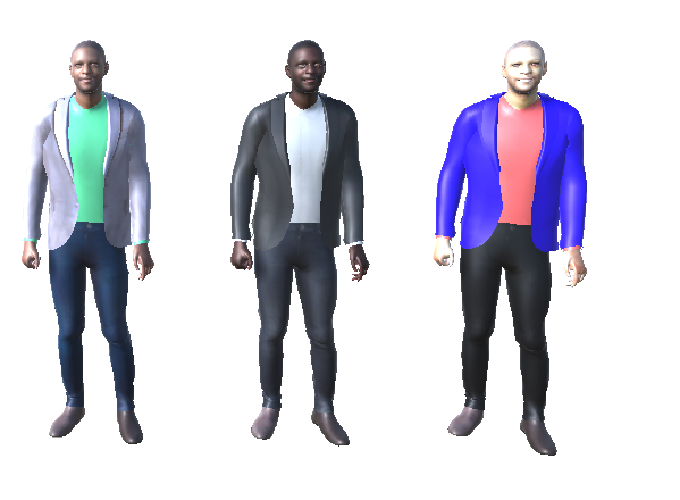
Examining the effects of a virtual character on learning and engagement in serious games
Abstract
Virtual characters have been employed for many purposes including interacting with players of serious games, with a purpose to increase engagement. These characters are often embodied conversational agents playing diverse roles, such as demonstrators, guides, teachers or interviewers. Recently, much research has been conducted into properties that affect the realism and plausibility of virtual characters, but it is less clear whether the inclusion of interactive agents in serious applications can enhance a user’s engagement with the application, or indeed increase efficacy. In a first step towards answering these questions, we conducted a study where a Virtual Learning Environment was used to examine the effect of employing a virtual character to deliver a lesson. In order to investigate whether increased familiarity between the player and the character would help achieve learning outcomes, we allowed participants to customize the physical appearance of the character. We used direct and indirect measures to assess engagement and learning; we measured knowledge retention to ascertain learning via a test at the end of the lesson, and also measured participants’ perceived engagement with the lesson. Our findings show that a virtual character can be an effective learning aid, causing heightened engagement and retention of knowledge. However, allowing participants to customize character appearance resulted in inhibited engagement, which was contrary to what we expected.
I presented my first conference paper at the 11th Motion, Interactions and Games conference held in November 2018. In this paper, we examined the broad effects a virtual character can have on user experience and performance when incorporated as a pedagogical agent in a serious game. We also explored character appearance personalization as a potential way of heightening engagement with the character.
Our findings can be summaries as follows: - A user is more engaged with a lesson when delivered through a virtual character compared to a non-character control version. - A user retains knowledge better when a lesson is delivered through a virtual character compared to a non-character control version. - There is a propensity for the majority of user attention to be directed at the virtual character, resulting in little attention being paid to the rest of the game environment. - Surprising, character appearance personalization has an effect opposite to what we expected, resulting in participants being significantly less engaged with a personalized character compare to one with a default appearance.
Supplementary material in the form of the full questionnaire used in the study and free-form user feedback and some interesting points raised by attendees at the conference following my thoughts can be found here, and a blog post about my experience at the conference and some photographs can be found here.
